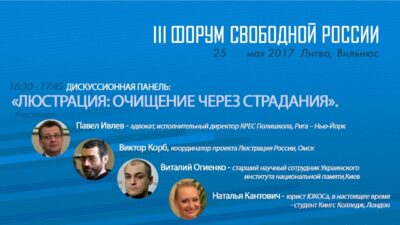The Council of Cantons, Switzerland’s upper house of parliament, has backed a proposal to confiscate frozen Russian assets. Twenty-one senators voted in favor of the government using the funds to pay reparations for the war in Ukraine. 19 spoke against it, while three more abstained, SRF reports.
The National Council, the lower house of parliament, passed a similar decision back in 2023. The senators urged the cabinet to start working on a legal mechanism that would allow the decree to be implemented.
The government supports the idea. The country’s Foreign Minister Iñazio Cassis said that “Russia has seriously violated international law, so it must compensate for the damage caused”. More than $8 billion of the Russian Central Bank’s reserves and assets are blocked in Switzerland.The minister noted that the confederation is already involved in international efforts and discussions on compensation and reparations to Ukraine.
Since the beginning of the war, Switzerland has provided $3.4 billion in aid to Kyiv. The government plans to spend another half of this amount from 2025 to 2028 and hold a peace conference later this year.
“We do not need to blush when we talk about Ukraine in the international arena, be it in the financial, diplomatic or humanitarian sphere”, Kassis emphasized.
Moscow reacted to the Senate’s decision. If Switzerland decides to confiscate the frozen Russian assets, it will damage its “reputation as a state based on the rule of law and a reliable financial center”, Russian Ambassador to Switzerland Sergei Garmonin said. He added that diplomats were studying the decision of the Council of Cantons.
Switzerland maintains a position of military neutrality and therefore does not supply weapons to Ukraine and forbids other countries from re-exporting them there. However, it has joined the European Union’s economic sanctions against Russian Federation.
In total, Western countries have blocked $300 billion of Russian assets. Most of them are located in Europe. At the end of January, the EU countries unanimously supported the European Commission’s initiative to use the proceeds from frozen Russian assets to finance aid to Ukraine. According to preliminary estimates, the amount could amount to 15–17 billion euros per year.
On March 6, British Foreign Secretary David Cameron said that London was ready to provide Kyiv with all blocked funds of the Russian Central Bank in the country as a guarantee that Moscow would pay reparations to Ukraine after the end of the war.




